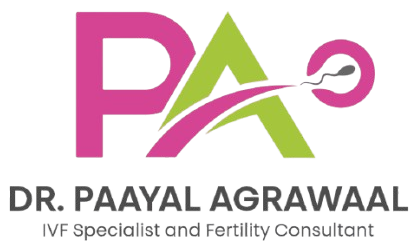Preconceptional Counselling
Well Woman Examinations - Preconceptional Counselling
Book Appointment
For Appointment

What is Preconceptional Counselling?
Preconceptional counselling is a type of medical consultation offered to individuals or couples planning to conceive, aimed at optimizing their health and addressing any potential risks before pregnancy occurs. It involves a thorough review of medical history, lifestyle, nutrition, genetic risks, medications, and existing health conditions that could affect fertility or pregnancy outcomes.
During preconceptional counselling, a healthcare provider may:
Assess and manage chronic conditions like diabetes, thyroid disorders, or hypertension.
Recommend lifestyle changes such as quitting smoking, reducing alcohol, or achieving a healthy weight.
Advise on proper nutrition, including taking folic acid supplements to reduce the risk of birth defects.
Review family history to identify any genetic or hereditary risks.
Discuss vaccinations, infections, and any occupational or environmental exposures that could affect pregnancy.
The goal of preconceptional counselling is to ensure the woman and her partner are in the best possible health before conception, increasing the chances of a healthy pregnancy and baby. It’s a proactive step toward responsible parenthood and is especially important for women with known health issues or a history of pregnancy complications.
Importance of Preconceptional Counselling
- Promotes a Healthy Pregnancy – Helps identify and manage medical conditions (like diabetes, thyroid disorders, or hypertension) that could affect pregnancy, reducing the risk of complications.
- Prevents Birth Defects – Advises on essential supplements like folic acid, which can significantly lower the risk of neural tube defects and other congenital anomalies.
- Identifies Genetic Risks – Screens for inherited disorders based on family history, offering genetic counselling if needed to avoid passing conditions to the baby.
- Encourages Healthy Lifestyle Choices – Provides guidance on quitting smoking, limiting alcohol, managing weight, and adopting a balanced diet to improve fertility and pregnancy outcomes.
- Optimizes Medication Use – Reviews current medications and adjusts or replaces any that may harm fertility or fetal development.
- Boosts Emotional and Mental Readiness – Offers psychological support and education, helping couples feel more confident, informed, and emotionally prepared for parenthood.
